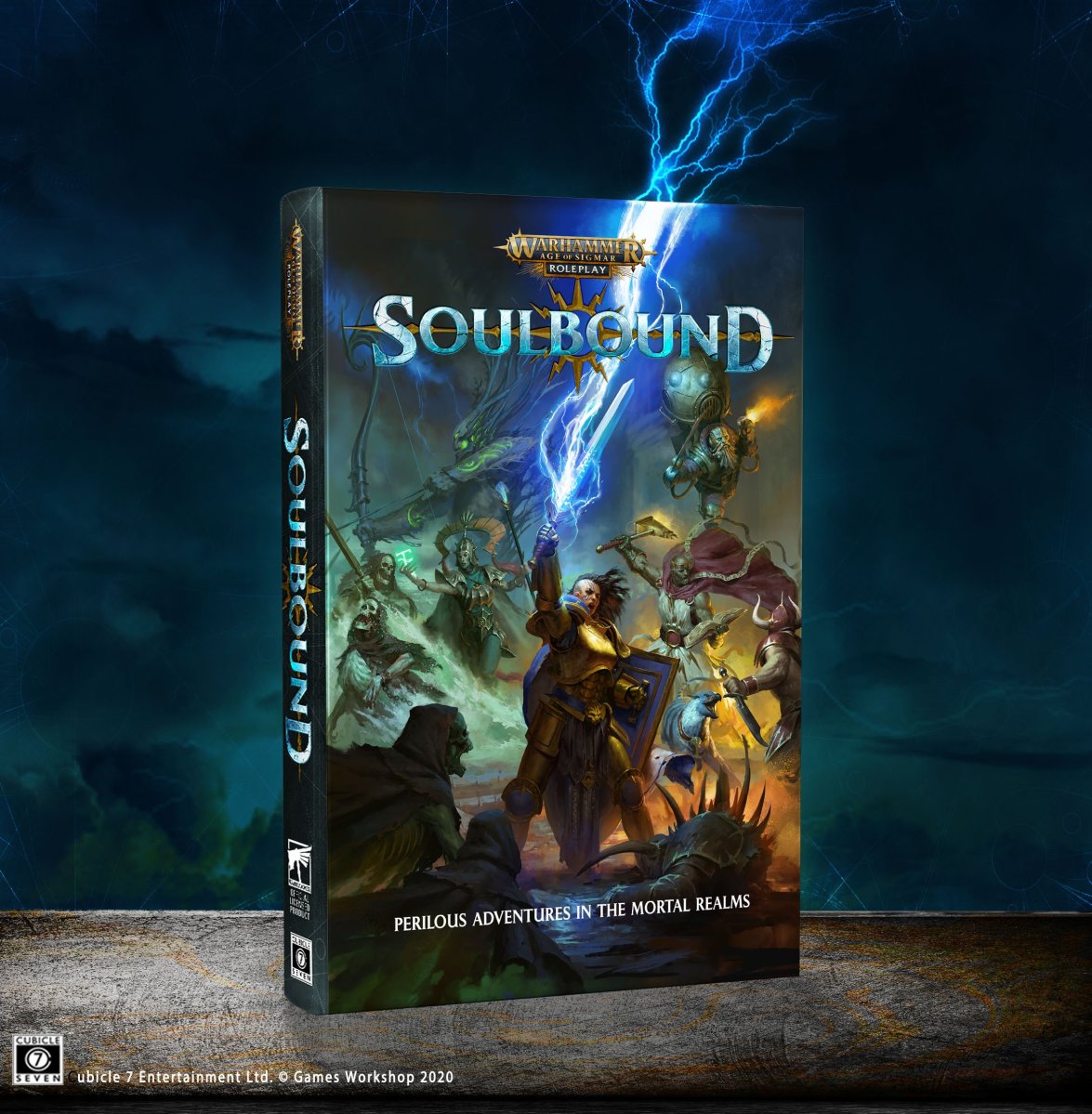Ghost Whistler
Legendary Pubber
- Joined
- Feb 24, 2018
- Messages
- 2,221
- Reaction score
- 1,411
Well, unless you wanted to have a say in the metaplot - as well as winning some L5R swag for yourself, tournament rewards included getting to make story choices that could affect both your clan's storyline and the game line's, something arguably more important to the L5R fanbase. As an RPG player, you didn't get that chance.
Nowadays, I presume they'd run "Living Rokugan" events at cons, so roleplayers could take part. But those would be tie-ins to the CCG's arc, rather than the RPG getting to go in it's own direction.
Sure you did. As a GM you could edit the setting as you see fit. You could make Bayushi Kachiko empress and have Fu Leng be made of cheese! Whatever!
Otherwise I don't get the complaint. It's like saying the Star Wars rpg is a vanity project/failure/bad thing because George Lucas decided the story and not the players. What if I wanted the Empire to win and not the Rebels? What if I wanted Darth Vader not to be Luke's dad?
I'd need to see evidence that these metaplot changes, which are the privilege of every RPG developer ever, were actually a problem that affected the game. In reality the writers took the results of tournaments and used those to design the narrative around which the next set of cards were based. It wasn't that players literally wrote that themselves or even designed cards and text. It was simply based on the outcome of sanctioned play. If Lion clan wins all the tournaments, then the writers can decide that Lion Daimyo becomes Emperor. If they lose, well notsomuch.
Every rpg setting is the sole purview of the developer. Your only right as a paying customer is to take what they have created and work with it, or buy something else. Have there been any rpgs that were designed as an ongoing concern by the consensus of its players?







 I have very limited experience with all the other editions, but I always thought there was something deeply compelling about the game and setting. It's not exactly gritty and it's not exactly glamourous, it's sort of.... glamourously gritty. You get all the flashiness and colour of high fantasy and all the vividness and visceral immediacy of low fantasy. Everything is covered in dirt and covered in gold. Every detail is made as eye-catching as possible.
I have very limited experience with all the other editions, but I always thought there was something deeply compelling about the game and setting. It's not exactly gritty and it's not exactly glamourous, it's sort of.... glamourously gritty. You get all the flashiness and colour of high fantasy and all the vividness and visceral immediacy of low fantasy. Everything is covered in dirt and covered in gold. Every detail is made as eye-catching as possible.
